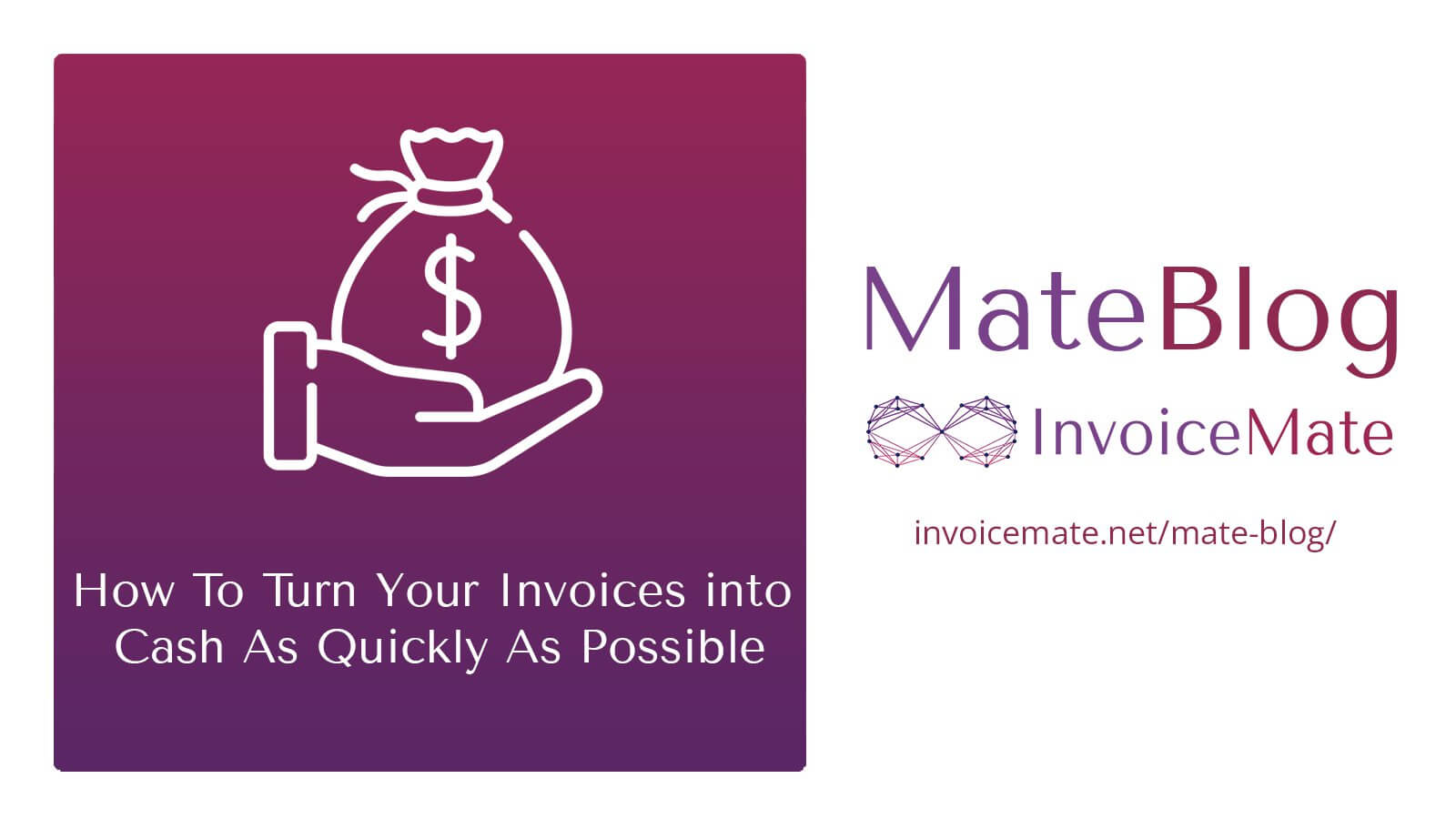Connect With Us

Credit runs the global economy. Businesses are no exception to this. Most businesses buy and sell goods and services for deferred payments. This is how the economy runs. From buyers’ perspective, acquiring goods and services with some future payment date is very useful. They can immediately get their needs satisfied and pay according to their convenience. For sellers’, it gives them more sales opportunities besides cash-only deals. The problem the seller may face is working capital shortage. With a large number of credit sales, every company irrespective of its size and capital can get into the cash shortage problem at some stage. Business invoices in routine are supposed to be materialized at agreed-upon terms but the seller will only be able to utilize that money only once they get hold of it. That is where a business feels the need of materializing that certain future receipt into instantly available cash. As a seller, you can turn your receivable invoices into cash with the help of invoice financing.
Let’s take a look into invoice financing.
Invoice Financing
Invoice financing is the process where the business borrows against its receivable invoices. This borrowing can be from a financial institution, individual, or some entity. The lender will be charging some agreed percentage as interest and/or service charges upon the maturity of the terms. Invoice financing is usually a short-term form of financing. Depending upon the mechanism, invoice financing can be classified into two categories, that are:
- Invoice Financing
- Invoice Factoring
Invoice Financing
Invoice financing is also known as accounts receivable financing or invoice discounting (confidential). In this kind of borrowing the business uses its invoices as collateral and gets a percentage of the receivable amount straightaway. Once the invoice terms get mature the borrowed amount inclusive of an agreed-upon percentage as interest/service charges are paid back to the lender. For this type of borrowing the lender will evaluate the invoices and the financial health of the customers to whom these invoices are drawn upon. The whole amount of receivable may not necessarily be financed. It can be a percentage of that. This type of financing is also called confidential invoice discounting where the business gets invoice financed without disclosing this to the concerned customers of invoices. The business collects the payment from its customers and pays back the owed amount to the lender. In this type of financing, the responsibility of collecting the amount and paying it back to the lender remains with the business.
Invoice Factoring
In this kind of borrowing, the business sells its receivable invoices to the lender and gets the agreed amount against those. The lender collects the sum from the customers once they become due. In this type of financing, the business gets an agreed sum upfront and the collection against invoices becomes the responsibility of the lender. After the collection of the amount due against the invoices, the lender keeps the financed amount plus service charges and gives the remaining amount to the business.
from the business’ point of view, Invoice factoring is usually more expensive than invoice financing as the responsibility of collection is shifted on the lender. It is also very tricky from the customer relationship aspect. Many of the customers may not be comfortable disclosing their business information with a third party or even negotiating with it in the first place. There are certain limitations for invoice financing, like you may not get financed against small amounting invoices or the invoices drawn upon individuals. The lender will ensure that they are financing the invoices that don’t involve high risk.
Whichever type of financing you may opt for, invoice financing is an effective way to quickly turn your invoices into cash.
A business needs to adopt a proper invoice processing system in place. All the invoices meant for financing need to be unambiguous in all respects. All the necessary fields like Customer Name, Date, Product/Service Description, Quantity, Unit Price, Total Amount, and Payment Terms, everything needs to be properly recorded. All the supporting documents like Quotations, Purchase Orders, and Delivery Receipts need to be properly attached with the relevant invoices. KYC (Know Your Customer) is a very important aspect of financing. The business needs to have the proper information regarding its customer including locations, facilities, financial health, and business practices. Lacking this information can increase the risk and could hamper the recovery process. Without ensuring these measures, it is very difficult to get your invoices converted into cash.
An effective invoice management system is what a business needs to be able to avail financing facilities against its accounts receivable.
InvoiceMate by MateSol is the next-generation invoice management system that utilizes contemporary technologies like blockchain and Artificial intelligence to offer an unparalleled level of trust and efficiency at every stage of the invoice journey. The inherent trust and transparency features of blockchain make it possible for a business to present a clear picture of accounts payable/receivable to all stakeholders. Financial institutions can put their trust into a business with transparent and trust-able invoice management. To get a product demo and to know more about the future of invoice management please feel free to write us at:
